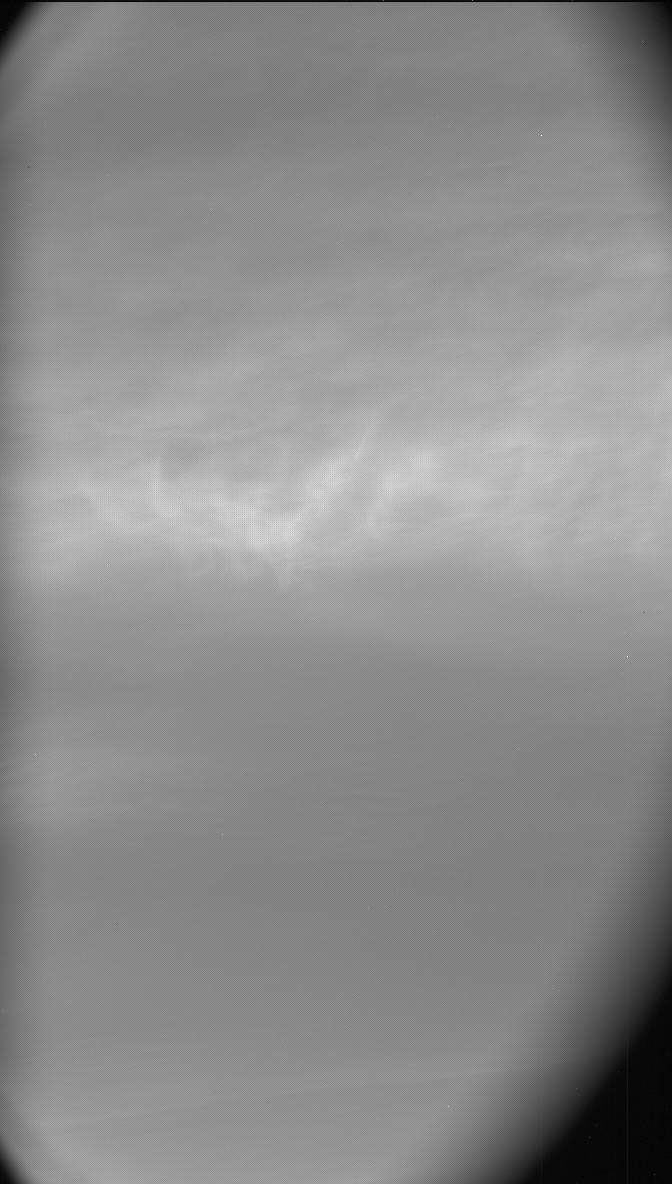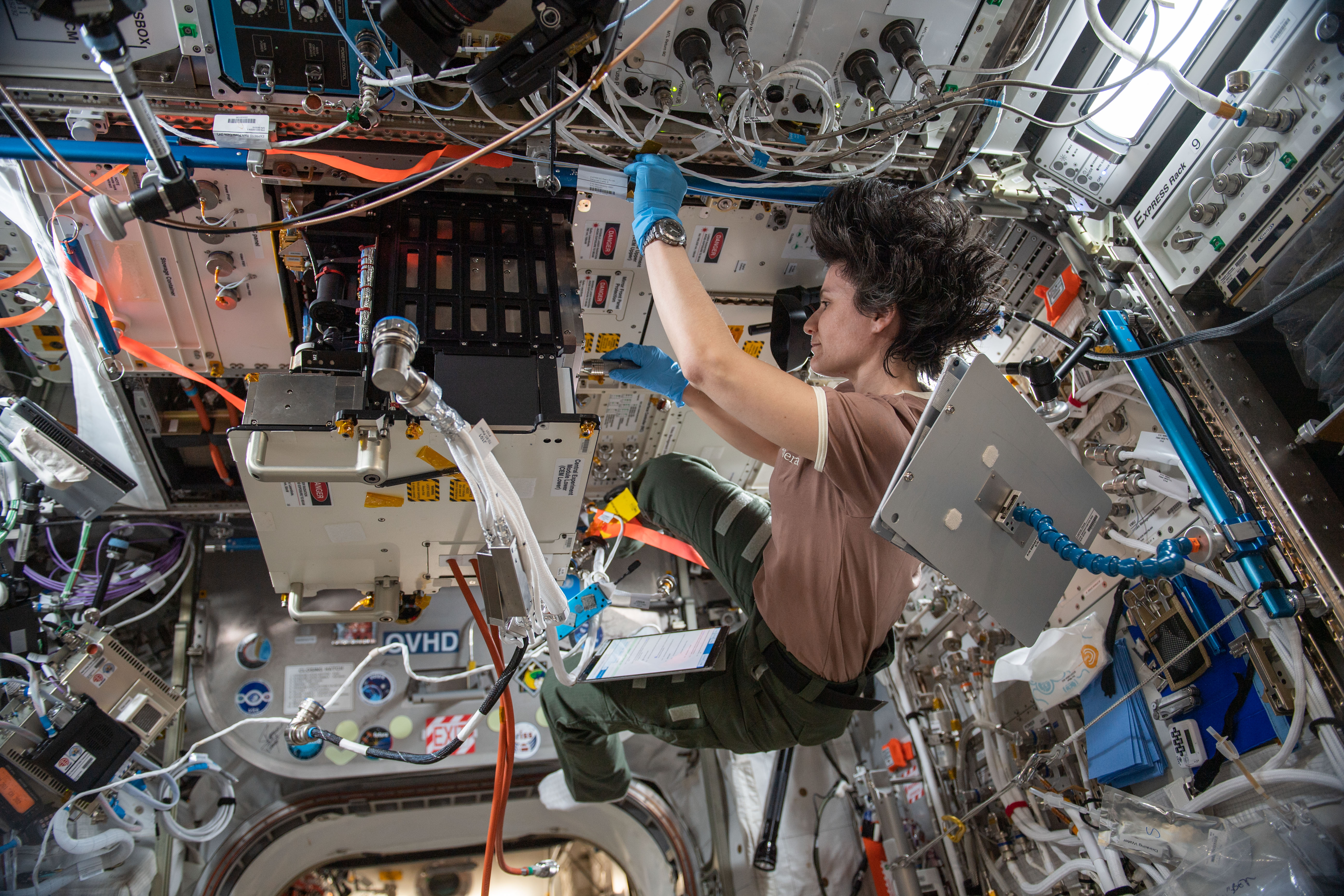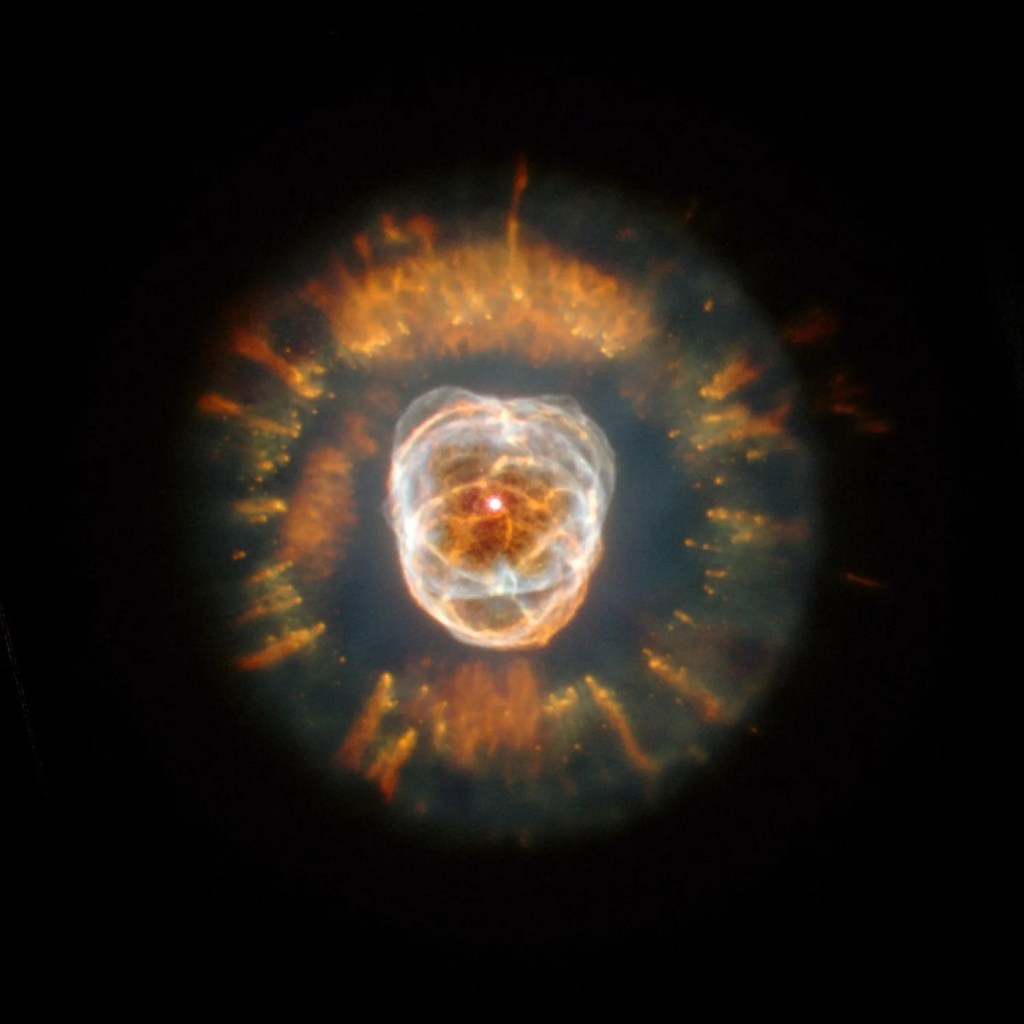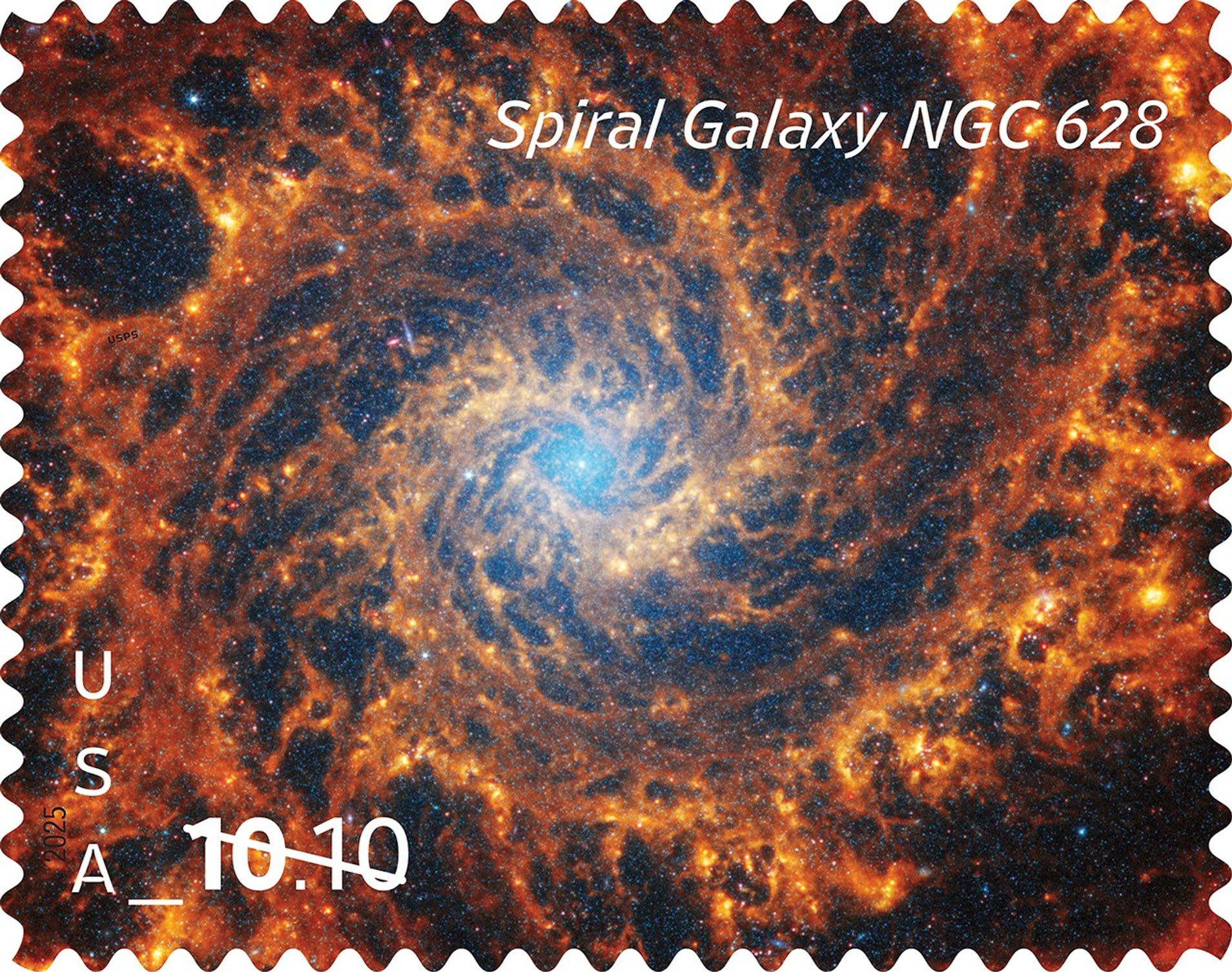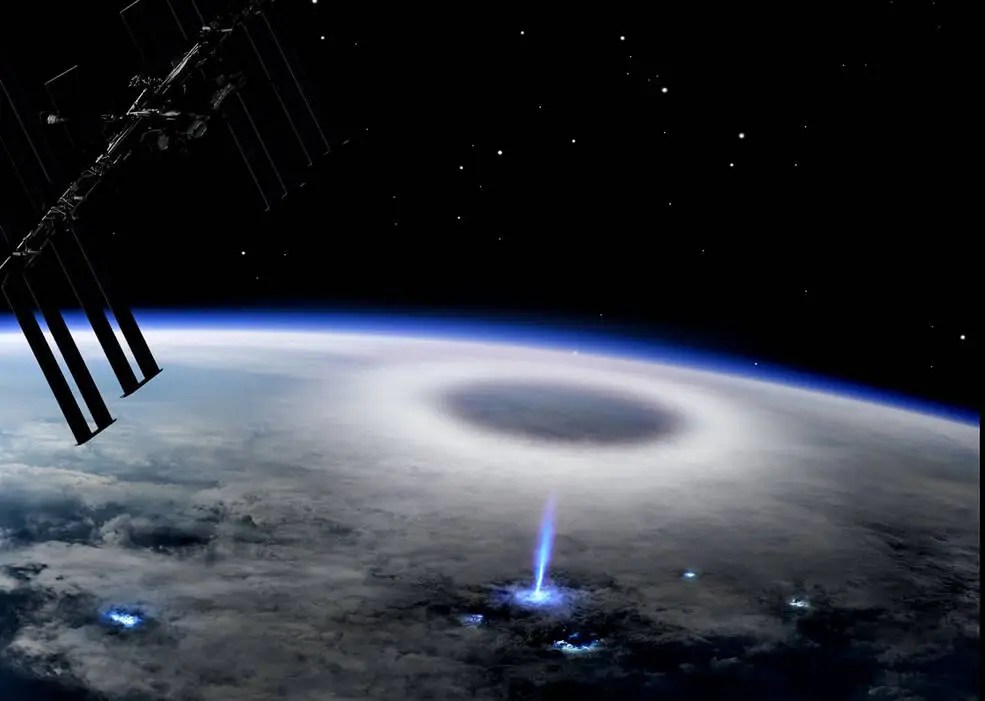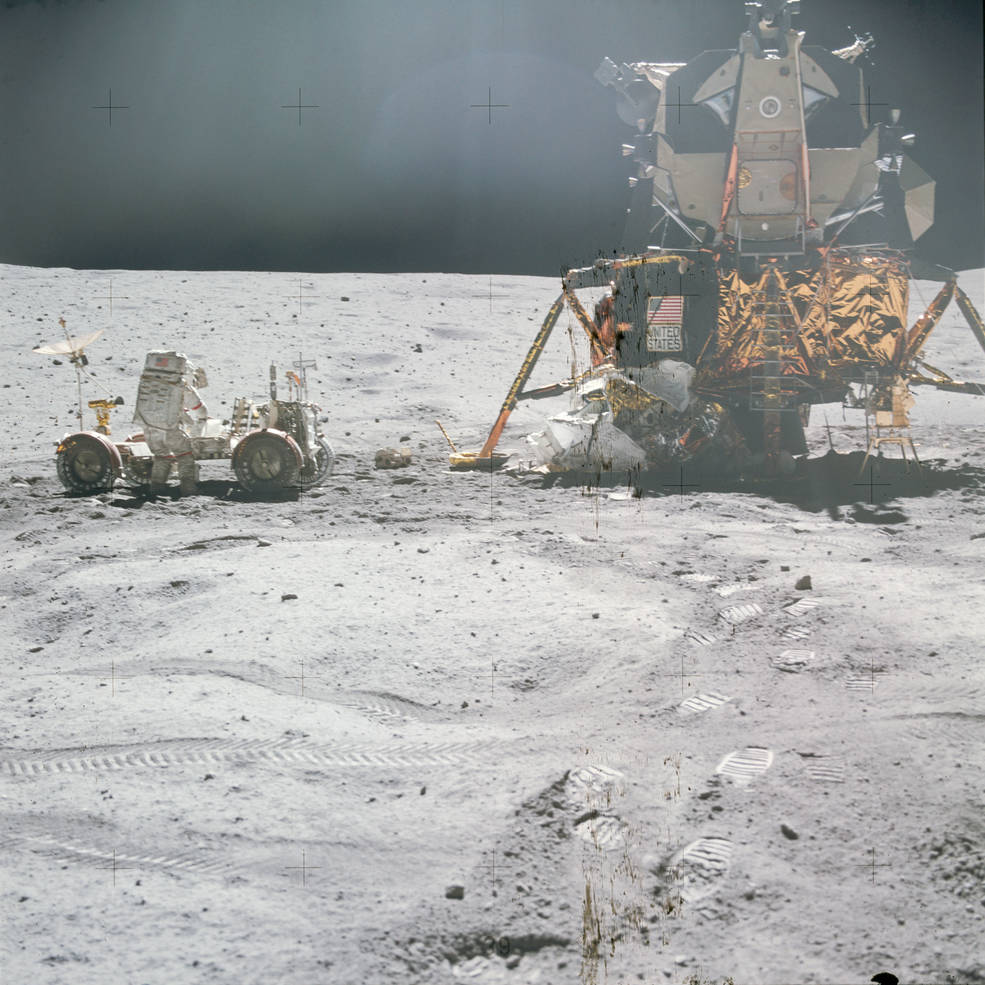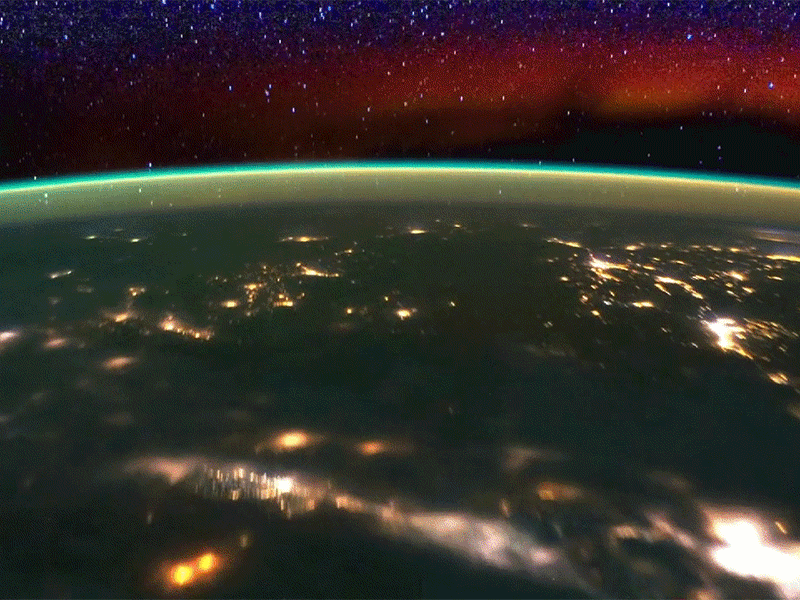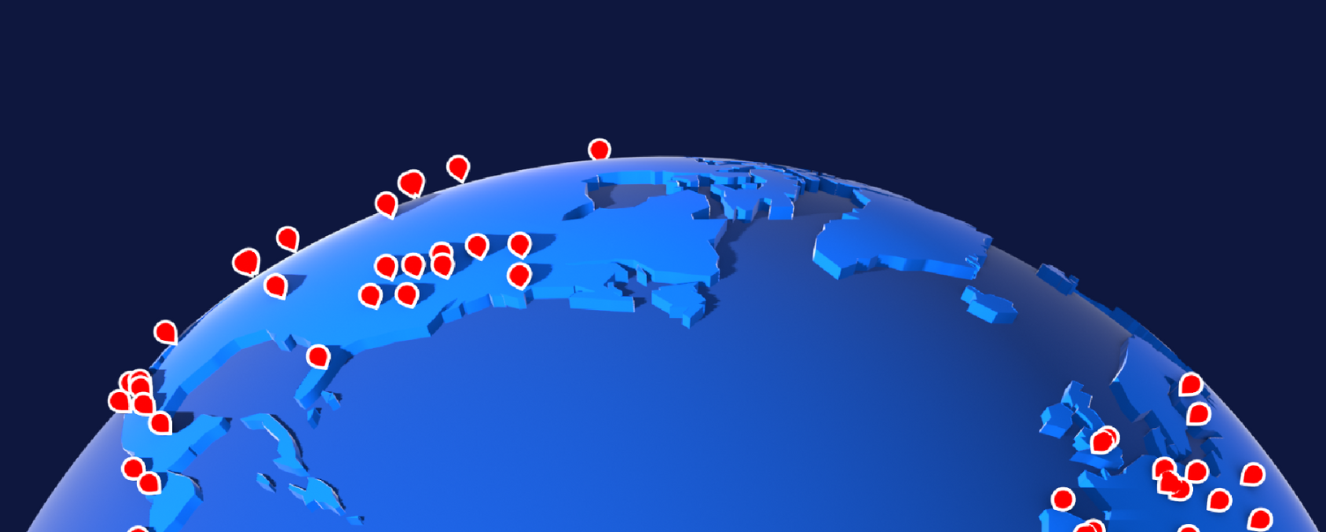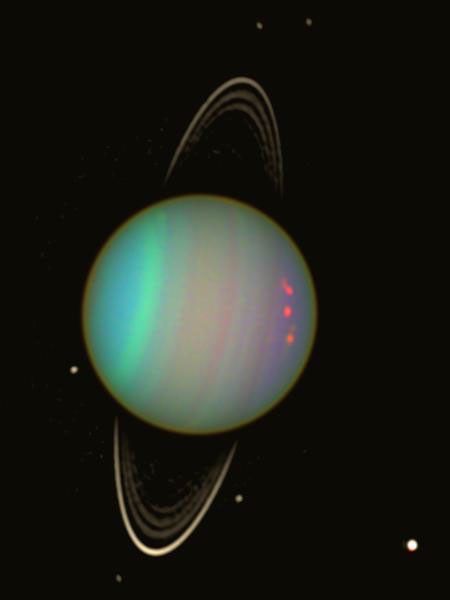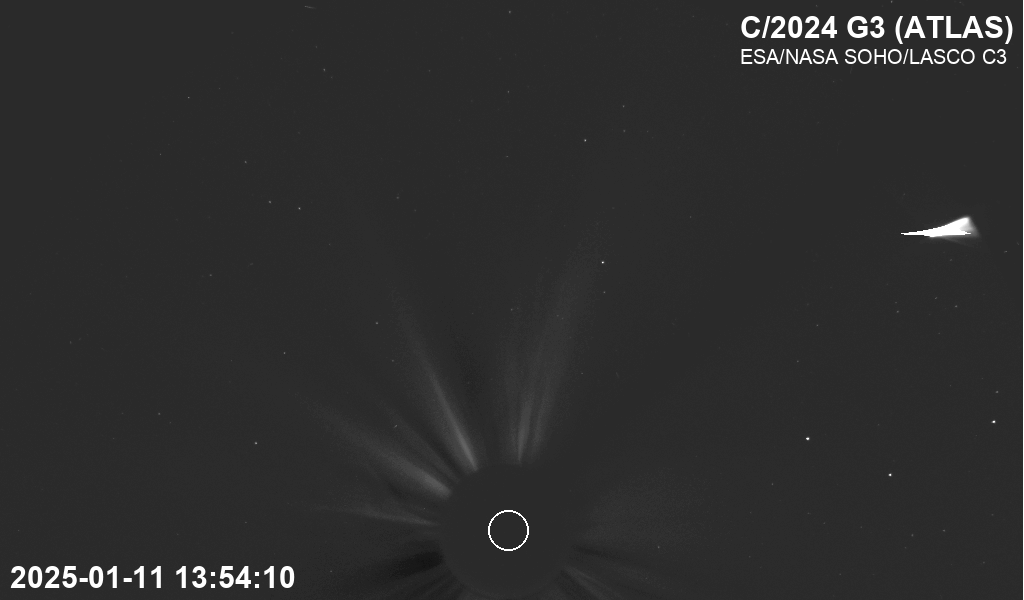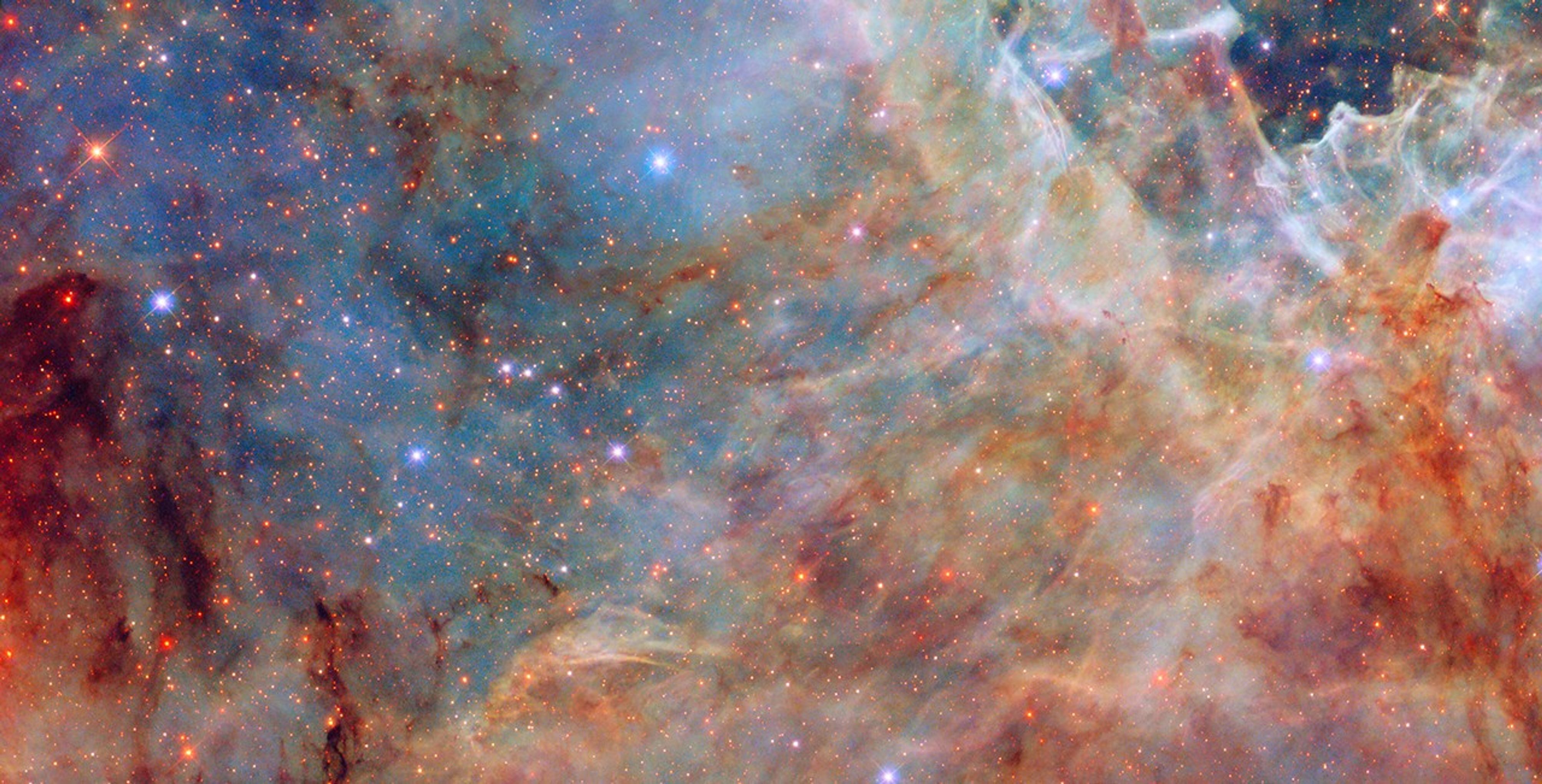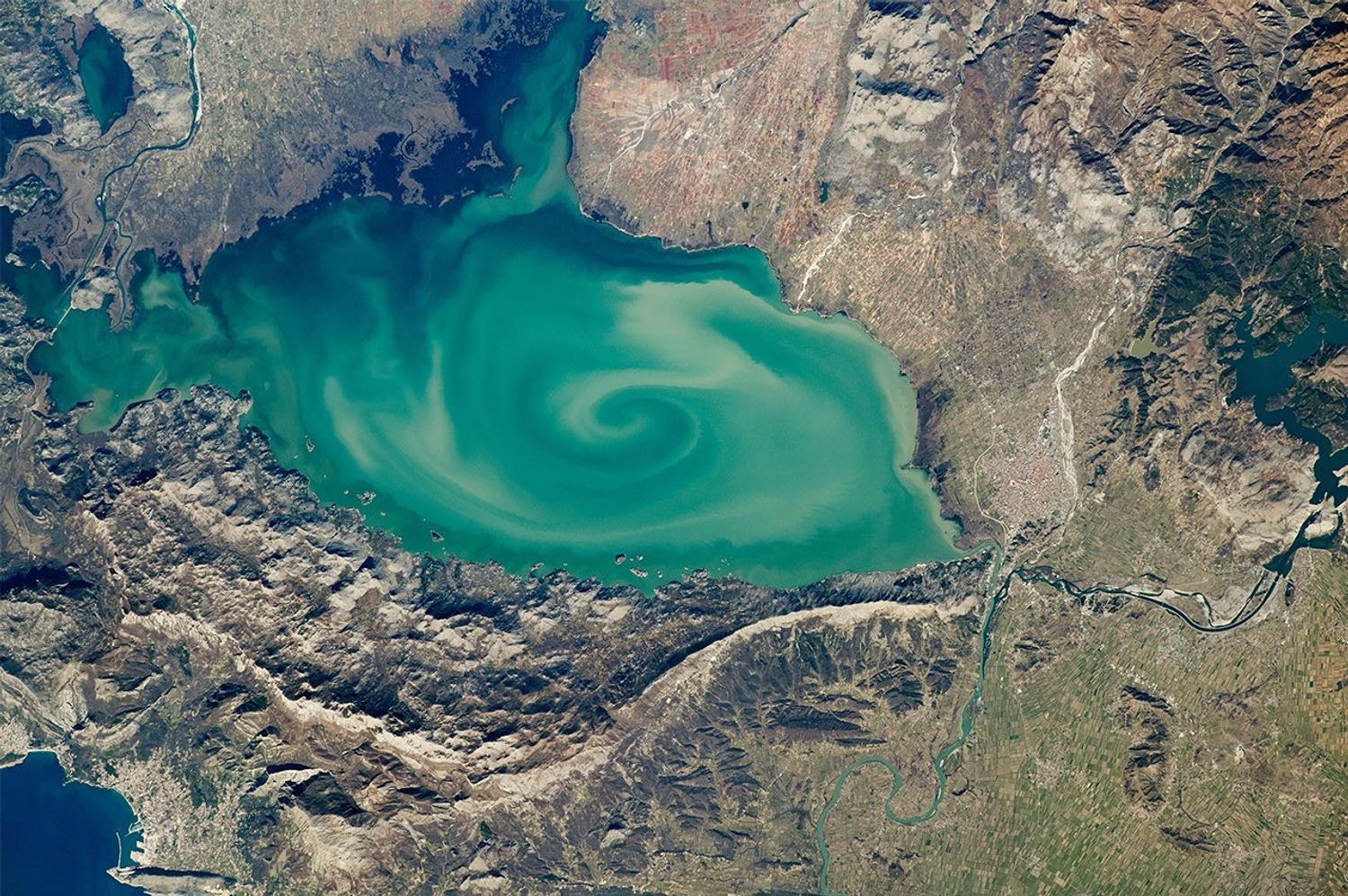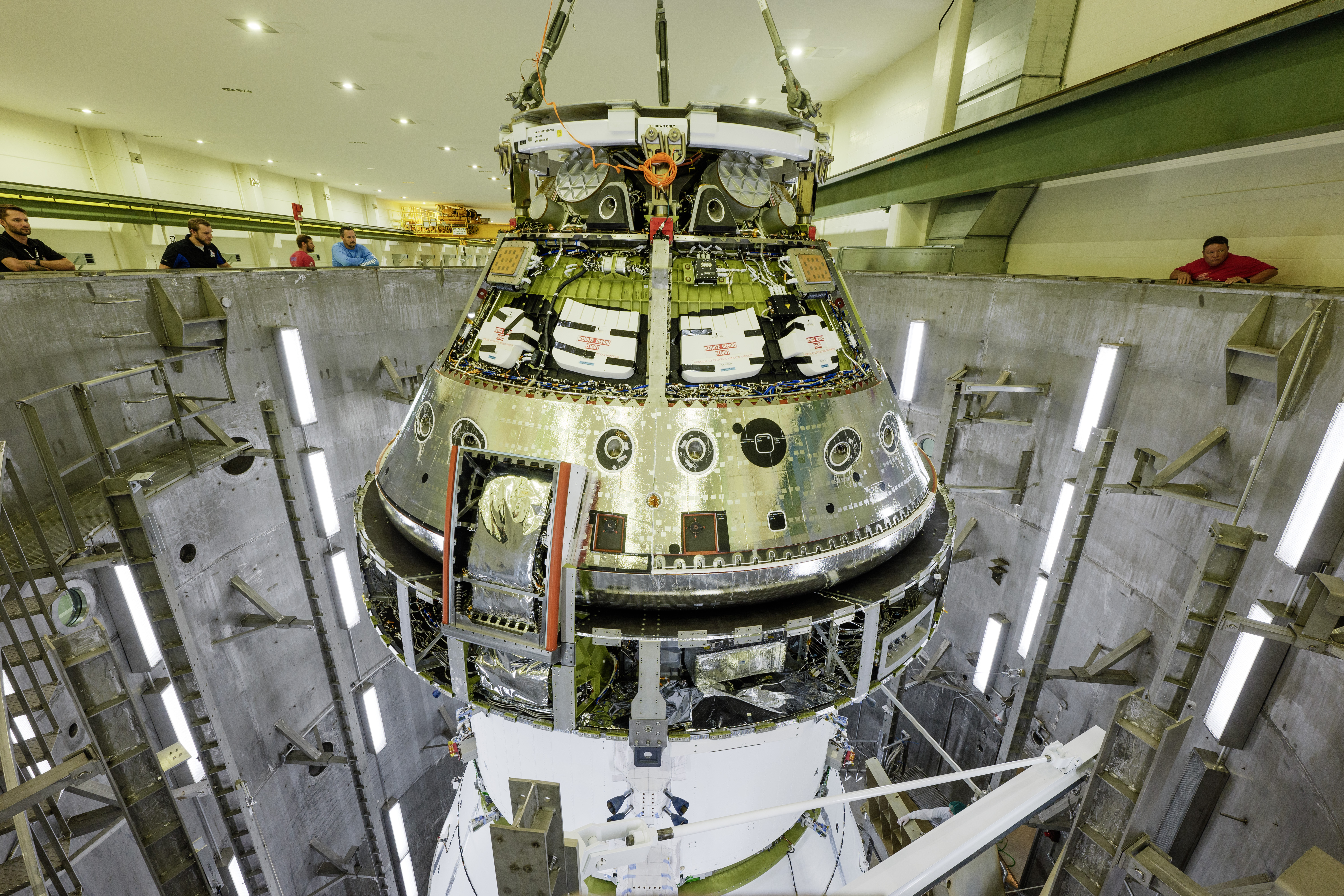Annual Invitation for Public Nominations by U.S. Citizens for Service on NASA Science Advisory Subcommittees
Annual Invitation for Public Nominations by U.S. Citizens for Service on the NASA Advisory Council’s Science Committee Subcommittees.
SUMMARY: NASA announces its annual invitation for public nominations for service on the NASA Advisory Council’s Science Committee subcommittees. Five science subcommittees report to the Science Committee of the NASA Advisory Council (NAC), a Federal advisory committee under the Federal Advisory Committee Act (FACA). U.S. citizens may submit self-nominations for consideration to fill intermittent vacancies on these five science subcommittees. NASA’s science subcommittees have member vacancies from time to time throughout the year, and NASA will consider self-nominations to fill such intermittent vacancies. Nominees will only be contacted should a vacancy arise and it is judged that their area(s) of expertise is appropriate for that specific vacancy. NASA is committed to selecting members to serve on its science subcommittees based on their individual expertise, knowledge, experience, and current/past contributions to the relevant subject area.
DATES: The deadline for NASA receipt of all public nominations is November 23, 2015.
ADDRESSES: To be considered by NASA, self-nomination packages from interested U.S. citizens must be sent to NASA as an email and must include the name of the specific NAC science subcommittee of interest. Self-nomination packages are limited to specifying interest in only one NAC science subcommittee per year. The following information is required to be included as part of each self-nomination package: (1) a cover email including the name of the specific NAC science subcommittee of interest; (2) a professional resume (one-page maximum, included as an attachment); and, (3) a professional biography (one-page maximum; included as an attachment). All public self-nomination packages must be submitted electronically via email to NASA to one of the addresses listed below; paper-based documents sent through postal mail (hard-copies) will not be accepted. Note: Self-nomination packages that do not include the three (3) mandatory elements listed above will not receive further consideration by NASA.
Please submit the nomination as a single package containing the cover email and both required attachments electronically to the specific email identified for the NAC science subcommittee of interest:
- Astrophysics Subcommittee (APS): aps-execsec@hq.nasa.gov
- Earth Science Subcommittee (ESS): ess-execsec@hq.nasa.gov
- Heliophysics Subcommittee (HPS): hps-execsec@hq.nasa.gov
- Planetary Protection Subcommittee (PPS): pps-execsec@hq.nasa.gov
- Planetary Science Subcommittee (PSS): pss-execsec@hq.nasa.gov
FOR FURTHER INFORMATION: To obtain further information on NASA’s science subcommittees, please visit the NAC Science Committee’s subcommittee website noted below. For any questions, please contact Ms. Elaine Denning, Science Mission Directorate, NASA Headquarters, (202) 358-0332; or email elaine.j.denning@nasa.gov.
SUPPLEMENTARY INFORMATION: Nominees from any category of organizations or institutions within the U.S. are welcome, including, but not limited to, educational, industrial, and not-for-profit organizations, Federally Funded Research and Development Centers (FFRDCs), University Affiliated Research Centers (UARCs), NASA Centers, the Jet Propulsion Laboratory (JPL), and other Government agencies. Nominees need not be presently affiliated with any organization or institution.
The following qualifications/experience are highly desirable in nominees, and should be clearly presented in their self-nomination packages:
- At least 10 years post-Ph.D. research experience including publications in the scientific field of the subcommittee for which they are nominated, or comparable experience;
- Leadership in scientific and/or education and public outreach fields as evidenced by award of prizes, invitation to national and international meetings as speaker, organizer of scientific meetings/workshops, or comparable experience;
- Participation in NASA programs either as member of NASA mission science team, Research and Analysis program, membership on an advisory/working group or a review panel, or comparable experience;
- Good knowledge of NASA programs in the scientific field of the subcommittee for which they are applying, including the latest NASA Science Plan (available as a link from http://science.nasa.gov/about-us/science-strategy/), or comparable experience; and,
- Knowledge of the latest Decadal Survey conducted by the National Academies or other relevant advisory reports for the scientific field of the subcommittee.
These are not full-time positions and the likelihood that a vacancy will occur in the coming year is unknown at this time. Successful nominees will be required to attend meetings of the subcommittee approximately two or three times a year, either in person (NASA covers travel-related expenses for this non-compensated appointment) or via telecon and/or virtual meeting medium. All successful nominees will be required to submit confidential financial disclosure forms, and undergo conflict of interest reviews by the NASA Office of the General Counsel, before their appointment is finalized.
Successful nominees who are not U.S. Government employees will be formally appointed as Special Government Employees (SGEs).
NASA’s five (5) science subcommittees are listed below. Additional information about these science subcommittees may be found at the NAC Science Committee’s subcommittee website at http://science.nasa.gov/science-committee/subcommittees.
- Astrophysics Subcommittee (APS) – The Astrophysics Subcommittee is a standing subcommittee of the NAC Science Committee supporting the advisory needs of the NASA Administrator, the Science Mission Directorate (SMD), SMD’s Astrophysics Division (APD), and other NASA Mission Directorates as required. The scope of the APS includes projects and observational and theoretical study of the origins, evolution, and destiny of the universe and the search for and study of Earth-like planets and habitable, extrasolar environments. In addition to scientific research, the scope encompasses considerations of the development of near-term enabling technologies, systems, and computing and information management capabilities, developments with the potential to provide long-term improvements in future operational systems, as well as training of the next generation of astronomers, and education and public outreach.
- Earth Science Subcommittee (ESS) – The Earth Science Subcommittee is a standing subcommittee of the NAC Science Committee supporting the advisory needs of the NASA Administrator, the Science Mission Directorate (SMD), SMD’s Earth Science Division (ESD), and other NASA Mission Directorates as required. The scope of the ESS includes the advancement of scientific knowledge of the Earth system through space-based observation and the pioneering use of these observations in conjunction with process studies, data assimilation and modeling to provide the Nation with improved capability to: predict climate variability, global change, and weather; mitigate and respond to natural hazards; and improve the scientific basis for policy decisions. In addition to observations and scientific research, the scope encompasses the development of computing and information management capabilities and other enabling technologies, including those with the potential to improve future operational satellite and ground systems.
- Heliophysics Subcommittee (HPS) – Heliophysics Subcommittee is a standing subcommittee of the NAC Science Committee supporting the advisory needs of the NASA Administrator, the Science Mission Directorate (SMD), SMD’s Heliophysics Division (HPD), and other NASA Mission Directorates as required. The scope of the HPS includes all aspects of heliophysics, including the dynamical behavior of the Sun and its heliosphere; the dynamical behavior of the magnetosphere, ionosphere, and upper atmosphere of Earth and other planets; the multi-scale interaction between solar system plasmas and the interstellar medium; energy transport and coupling throughout the heliophysics domain; and space weather. In addition to scientific research, the scope encompasses considerations of the development of enabling technologies, systems, and computing and information management capabilities, as well as developments with the potential to provide long-term improvements to future space weather operational systems.
- Planetary Protection Subcommittee (PPS) – Planetary Protection Subcommittee is a standing subcommittee of the NAC Science Committee supporting the advisory needs of the NASA Administrator, the Science Mission Directorate (SMD), SMD’s Planetary Science Division (PSD), NASA’s Planetary Protection Officer, and other NASA Mission Directorates as required. The scope of the PPS includes programs, policies, plans, hazard identification and risk assessment, and other matters pertinent to the Agency’s responsibilities for biological planetary protection. This scope includes consideration of NASA planetary protection policy documents, implementation plans, and organization. The subcommittee will review and recommend appropriate planetary protection categorizations for all bodies of the solar system to which spacecraft will be sent. The scope also includes the development of near-term enabling technologies, systems, and capabilities, as well as developments with the potential to provide long-term improvements in future operational systems to support planetary protection. Outside the scope of the Subcommittee’s responsibilities are issues that pertain solely to the quality and interpretation of scientific experiments and data in support of solar system exploration.
- Planetary Science Subcommittee (PSS) – Planetary Science Subcommittee is a standing subcommittee of the NAC Science Committee supporting the advisory needs of the NASA Administrator, the Science Mission Directorate (SMD), SMD’s Planetary Science Division (PSD), and other NASA Mission Directorates as required. The scope of the PSS includes all aspects of planetary science, scientific exploration of the Moon and Mars, the robotic exploration of the solar system, astrobiology, exoplanet research, space- and ground-based research, technology development, planning, and training required to support these science areas. In addition to scientific research, the scope encompasses considerations of the development of near-term enabling technologies, systems, and computing and information management capabilities, as well as developments with the potential to provide long-term improvements in future operational systems. Responsibility for biological planetary protection is outside the purview of the PSS and resides with the Planetary Protection Subcommittee (PPS).

